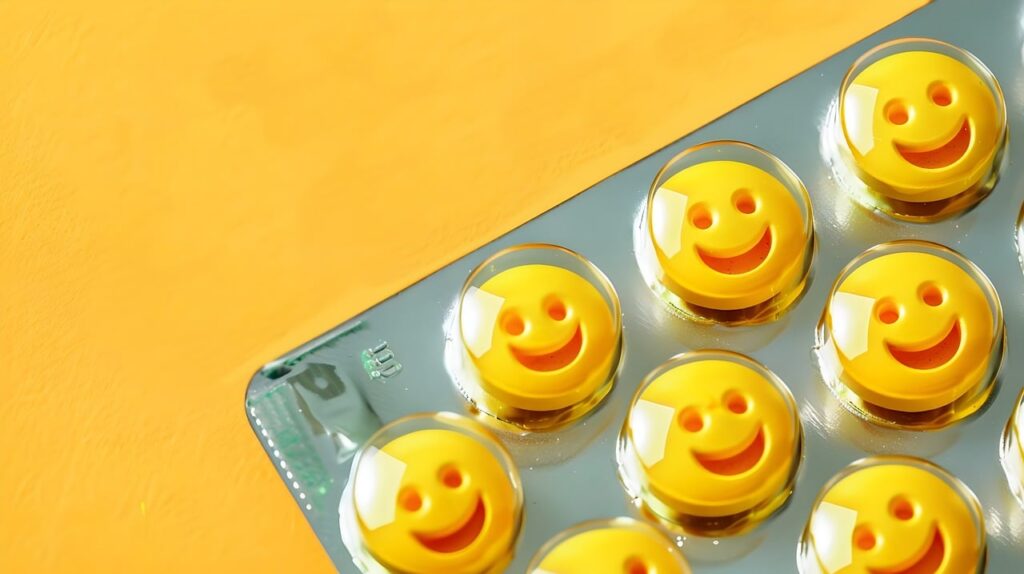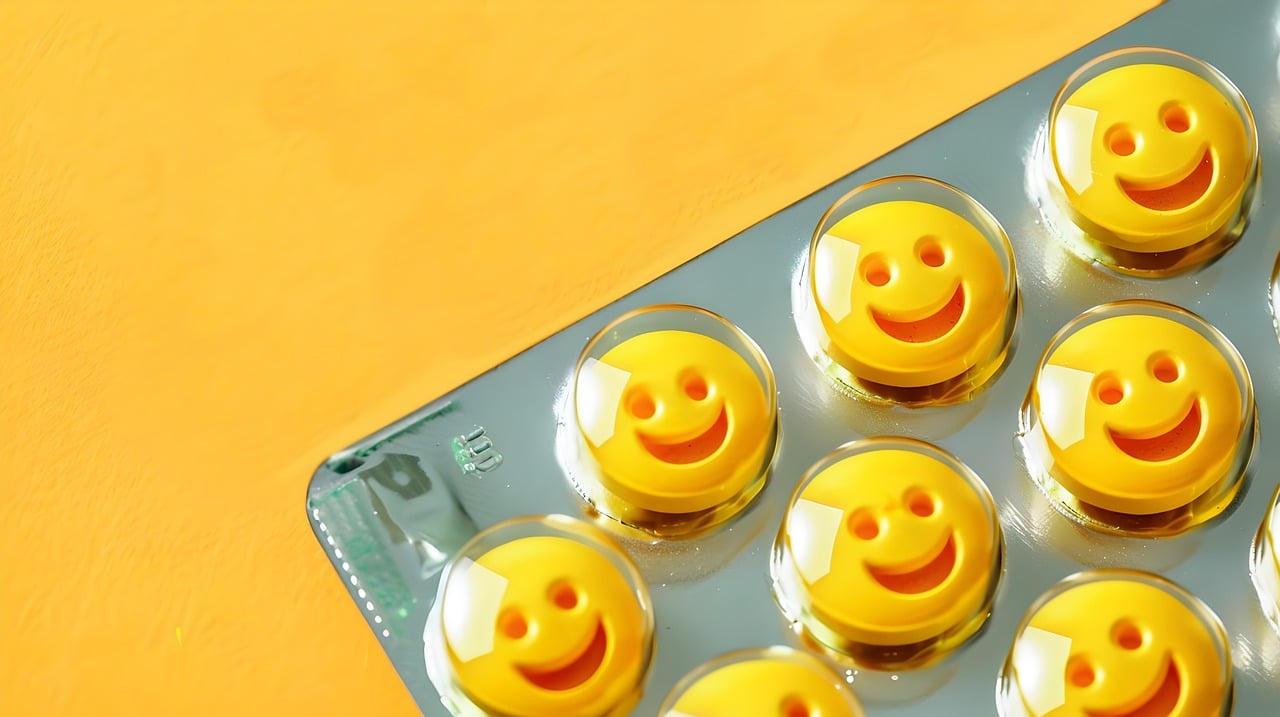What makes you happy when you eat your favorite chocolate? Dopamine
What makes you happy when you go out for a run? Dopamine
What makes you happy when you visit a beautiful garden? Dopamine

Imagine you’re at your favorite concert, surrounded by friends, and the band starts playing that one song you love. As the music fills the air, you feel an intense rush of joy and excitement, your heart races, and you can’t help but smile. This euphoric feeling is due to a tiny molecule in your brain called dopamine.
Let’s delve into dopamine, our happy hormone and explore why it is called so.
Dopamine is a neurotransmitter (messenger) which your brain produces in instances of extreme joy and happiness.
What it does?
It acts on certain areas of the brain involved in giving you feelings of pleasure, joy and motivation. In addition, it is also responsible for memory, mood enhancement, sleep, learning and concentration. The feeling of pleasure motivates you to do certain activities like workout or listening to your favorite song. It is the primary driver of your brain’s reward system. It will activate the reward circuit . This will help us love a pleasurable experience. It is similar to euphoria.
This reward system proved useful from an evolutionary point of view. You get a reward when you do things needed to survive like eat, drink, survive and reproduce. Our brains seek out behaviours that releases a large amount of dopamine in our system.
With the right amount of dopamine in your body, you feel happy, motivated, alert and focussed.
Wanting vs Liking
Although dopamine is often regarded as the ‘happy hormone’, it doesn’t essentially make you like the activity. It makes you want to repeat that activity again as it gives you the feeling of pleasure. So, dopamine is more like a craving.
Which brings us to the next section of the article…..
What if you have too much of dopamine?
Too much of anything good is definitely bad. Because dopamine makes you feel happy, your brain sees dopamine as more of a ‘reward’. And when you continuously want the reward, it leads to addiction. Too much of dopamine will result in aggressive behaviour, and diseases like ADHD and addiction.
But, fret not if you have too much dopamine in your system. The idea of ‘dopamine detox’ has become popular recently. It is when you avoid pleasure triggers such as junk food or social media for a while until your hormone levels are back to normal.
If you have too much dopamine, you may feel too euphoric or extremely energised. This feeling results in poor impulse control and having trouble sleeping.
What if you have too little of dopamine?
Let’s look at the other end of the spectrum- i.e. too little of the happy hormone. As the name suggests, too little of this hormone will result in a lack of motivation, eventually pushing you into depression. Things which you really enjoyed before like listening to music no longer excites you, thanks to low levels of your happy hormone.
This often happens due to stress factors in our life like financial problems, a strained relationship, family life or a lack of work life balance.
If you have too little dopamine, you get too tired, unmotivated and thereby unhappy. It could also result in memory loss, mood swings, sleep problems, and trouble concentrating.
But again, fret not. It’s deficiency can be rectified naturally by eating foods rich in tyrosine as dopamine synthesis requires the amino acid tyrosine. Foods rich in tyrosine includes nuts, diary and meat.
In addition, healthy activities like a mild workout , walk or jog in a park can help enhance your mood by elevating your dopamine levels. Meditation can also help with the same and aid in improving your sleep quality.
In general, engaging in activities that make you feel happy or relaxed can help improve or stabilise your dopamine levels.
Dopamine and it’s three cousins!

In addition to dopamine, three other hormones as a part of the feel-good hormones list. They are serotonin, endorphins and oxytocin.
Serotonin is a happy hormone involved in giving the feeling of euphoria. When you feel very happy and everything seems right in your life, you are experiencing the effects of serotonin.
Endorphins are the body’s natural pain killers. It is released by the hypothalamus and pituitary. It helps relieve pain. The name comes from the term endogenous morphine. They are hormones (produced by our system) which mimic morphine in their mode of action and hence the name.
Oxytocin is called the love hormone. This hormone can help us bond with our loved ones through touch, music and exercise. Its primary role is to aid in childbirth, which is why it is often referred to as the “love drug” or “love hormone.”
Take home message
Dopamine gives us insight into the complex ways our brains drive us towards pleasure and motivation. This powerful neurotransmitter not only fuels our happiest moments but also plays a crucial role in memory, mood, sleep, learning, and concentration. So, the next time you feel that rush of happiness, you’ll know that ypur happy hormone is at work, helping to make life a little brighter.


Interesting and keep posting!
Thank you for sharing! Reading your posts gives me dopamine!